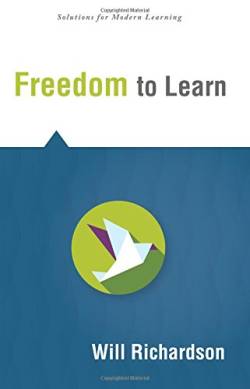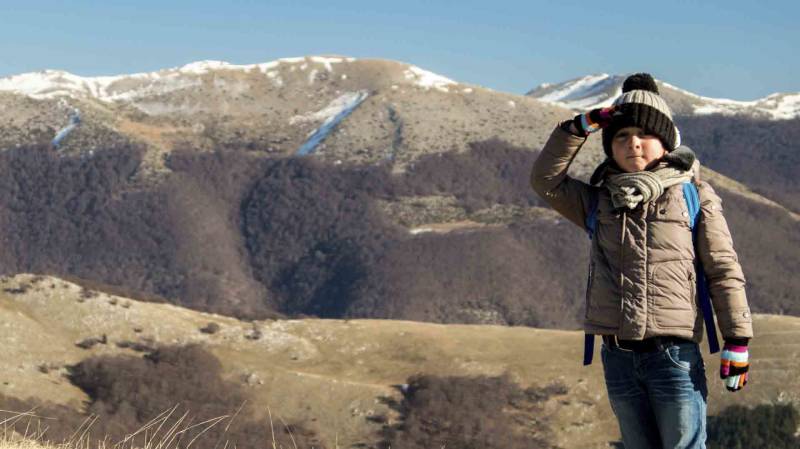The following excerpt is from the book "Freedom to Learn" by Will Richardson.
Tradition and Nostalgia
Without question, the biggest barrier to rethinking schooling in response to the changing worldscape is our own experience in schools. It’s what we know, and as educators or parents, the familiar feels safe to us and for our kids. Intellectually, we may be able to make sense of the argument laid out in this book, that the world has changed, that being a learner is more important than being learned, and that for our kids to have the best chance of success in the world, they have to be able to flourish in freedom. In DIY U (as in “Do It Yourself University”), author Anya Kamenetz (2010) explores the many new potential paths to becoming educated in the abundantly connected world and interviews a number of parents who expressed just those sentiments but were unable to “sanction” any different type of school experience for their kids. Read the comments on any article about progressive ideas in education in the New York Times or elsewhere, and you get the sense that most are still in the business of doubling down on doing better on traditional outcomes rather than rethinking the whole concept.

To be brutally honest, I’ve struggled with this myself. In fact, looking back on it, given the chance to do it over with my own children, I’m pretty sure I would have done it much differently when it came to their schooling. Don’t get me wrong—my kids weren’t seriously harmed by school, and their teachers, for the most part, were good, caring people who were doing their best given the pressures of policy and parents and tradition. But it could have been so very much better than it was when it came to giving them an environment that honored their own learning and developed them as curious, creative, passionate learners in the world. I’ll admit, on some level, to feeling a great deal of sadness about that. I’ve been asked on numerous occasions why we didn’t pull our kids out of school or find more progressive schooling alternatives for them. I’ve been called a hypocrite, in fact. And I totally understand why.


